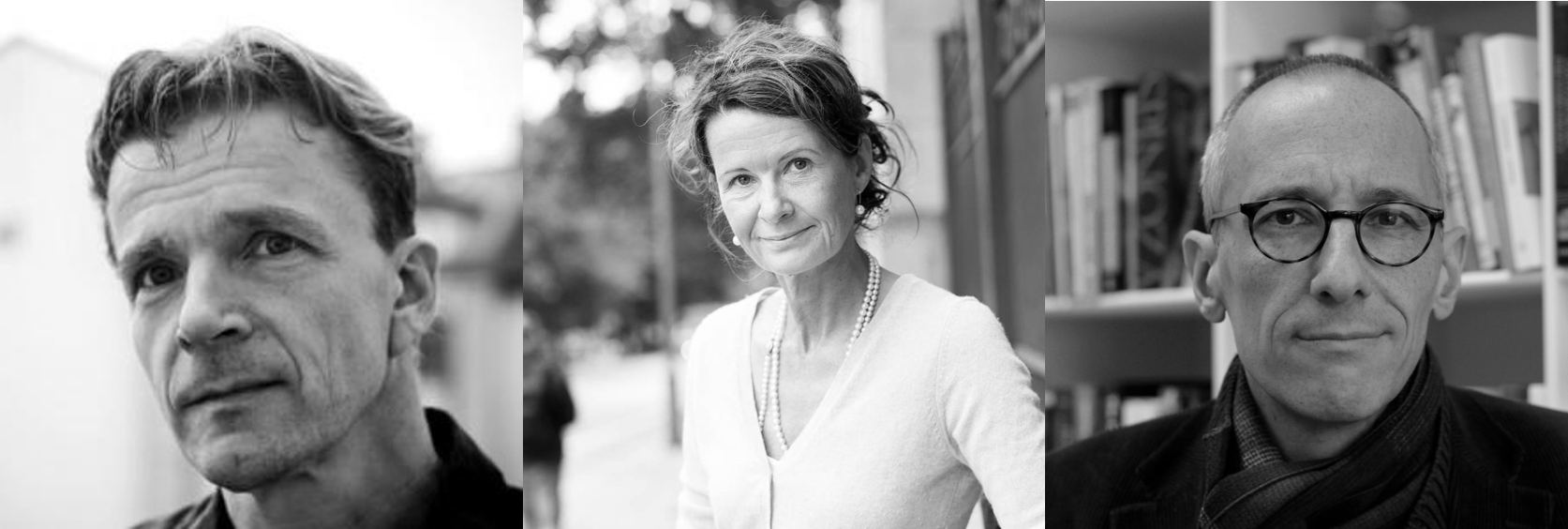Phenomenology, Judaism, and National Socialism
Workshop
Programme
|
14:15-15:00 |
Hans Ruin (Södertörn University, Stockholm): Husserl's Conversion |
| 15:15-16:00 | Dan Zahavi (CFS - University of Copenhagen): "Der Jude Husserl" - Grunsky, Würzbach, Heidegger |
| 16:15-17:00 | Sara Heinämaa (University of Jyväskylä & Academy of Finland): Sartre on Hate Speech and Identity Formation |
Registration
The workshop is free and open to all, no registration is needed.
Abstracts
Husserl's Conversion
The talk will explore the topic of conversion in Husserl as both a religious and philosophical topos. It takes its point of departure in the personal historical background of Husserl’s conversion from Judaism to Lutheran Christianity, following the death of his father and under the direct influence of his friend Thomas Masaryk. It discusses the theological-philosophical roots of this spiritual reorientation, primarily through St Paul and Augustine. At the core of the Pauline spiritual transformation is a paradoxical experience of simultaneous loss and retrieval. It then proceeds to raise the question of phenomenological reduction as an intellectual form of conversion. The notable absence of any explicit recognition of a Hebraic inheritance in Husserl’s later historical-philosophical schema is addressed as a question and contrasted with Levinas’ later explicit attempt to reverse the philhellenism of German philosophy and phenomenology.
"Der Jude Husserl" - Grunsky, Würzbach, Heidegger
It is common knowledge that many phenomenologists were Jews or had a Jewish background. It is also well known that many of them either had to flee from or were persecuted by the German National Socialist Regime. How phenomenologists were criticized philosophically by academics who identified with the Nazi regime is less well known, however. In my talk, I will discuss some examples of these attacks and also touch on the question of whether Heidegger's criticism of Husserl repeats some of the same tropes.
Sartre on Hate Speech and Identity Formation
The talk will clarify Sartre's concept of anti-semitism, as developed in his Anti-Semite and Jew: An Exploration of the Etiology of Hate (1944). I will focus on two aspects of Sartre’s argument, in particular: first, his discussions of the political functions of emotions and, second, his analysis of the rationale of what nowadays is called “hate speech”. To illuminate these phenomena, I draw insights also from two other sources, Beauvoir’s comparison between racism and sexism, on the one hand, and Elisabeth Young-Bruehl’s more recent account of four different types of prejudices, anti-semitism, racism, sexism, and homophobia.
